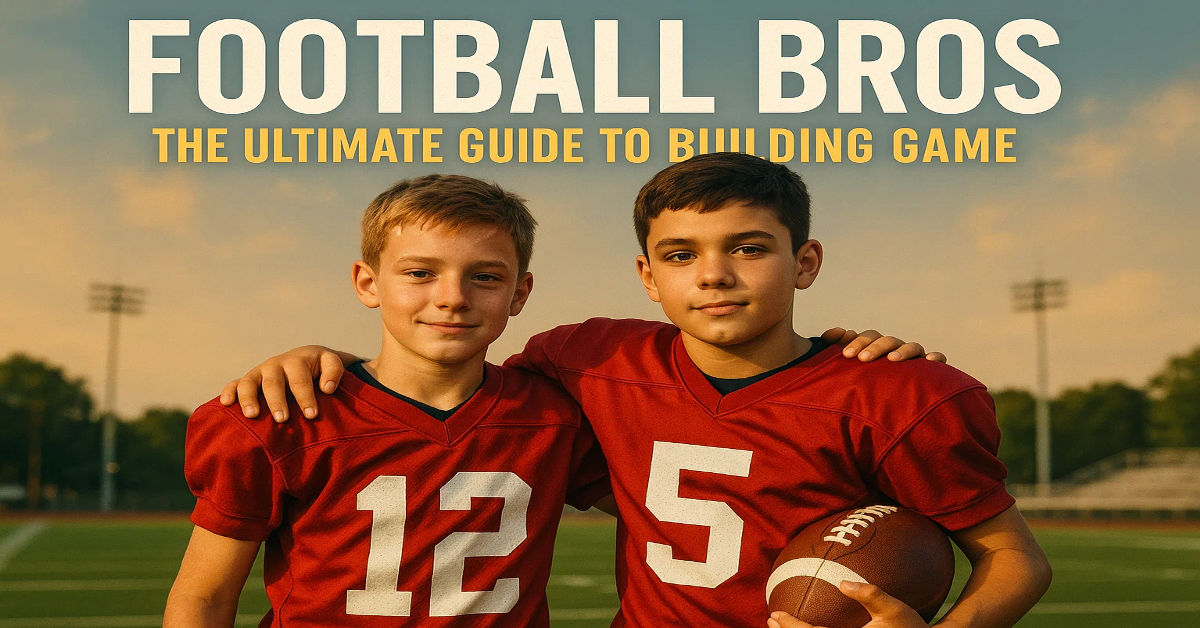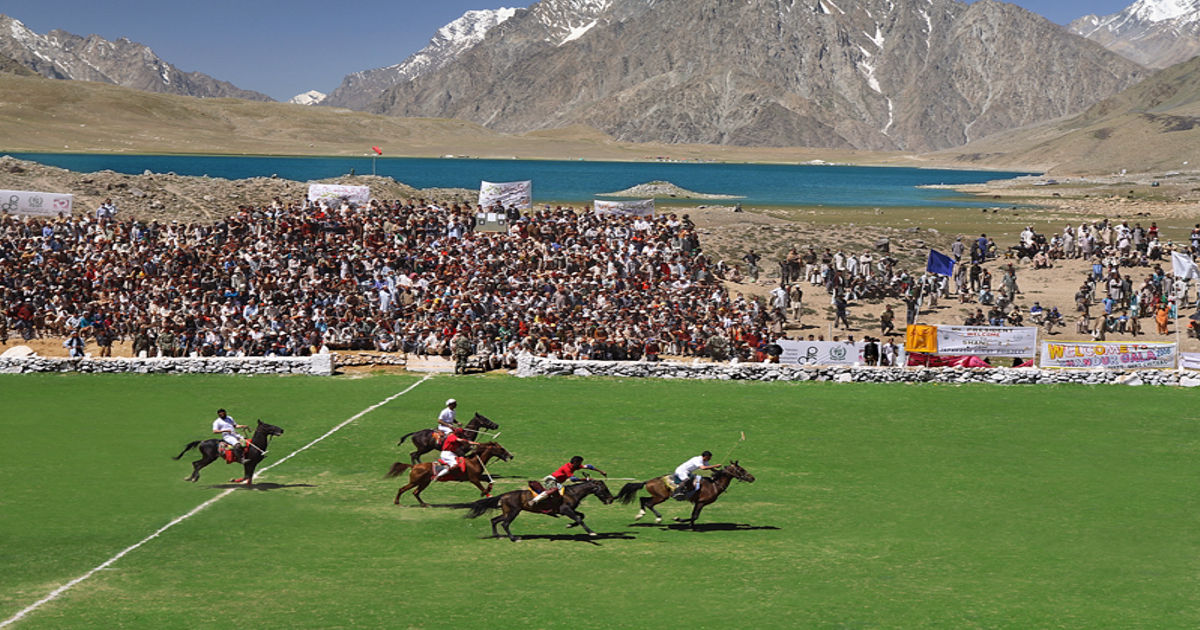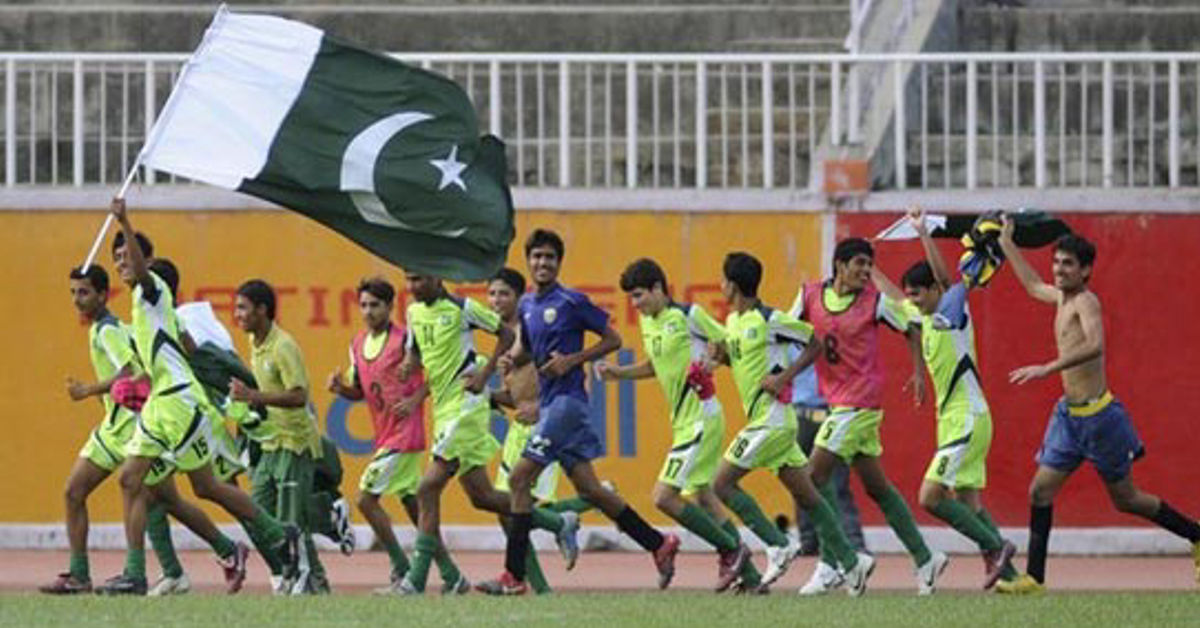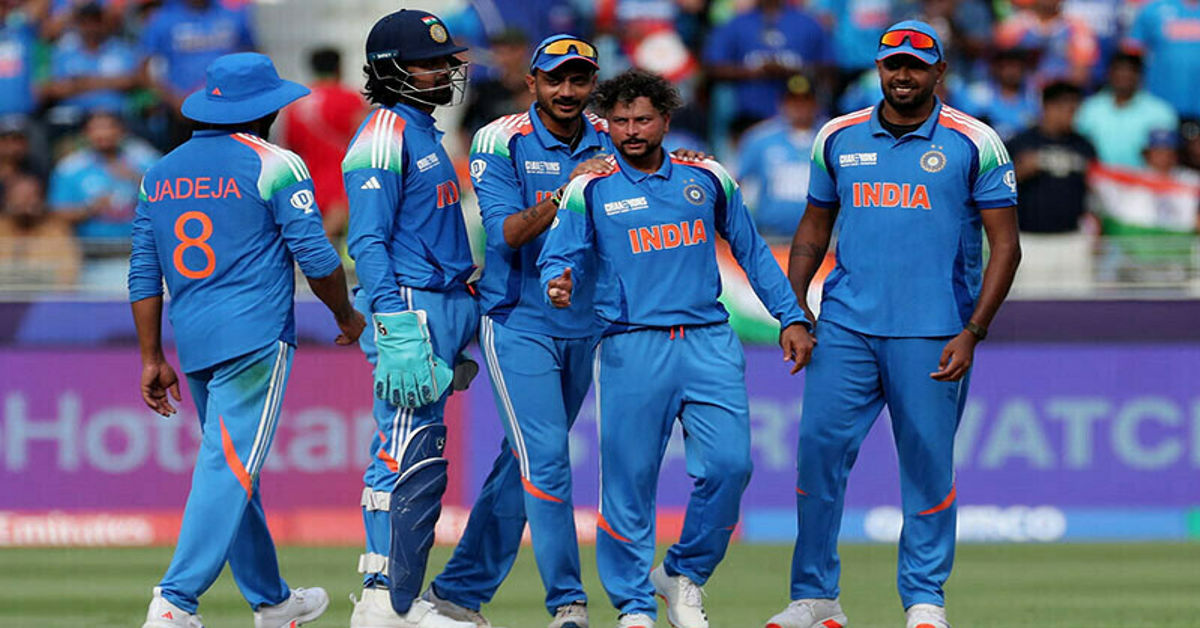
Every Sunday, millions of fans gather around televisions, tailgate in parking lots, and pack stadiums to cheer on their favorite teams. But what makes the experience truly special isn’t just the game itself it’s the football bros you share it with. These are the friends who understand your passion, celebrate your team’s victories, and stick by you through crushing defeats. Building and maintaining these friendships requires more than just showing up with snacks and hoping for the best.
What Makes a True Football Brotherhood?
A genuine football brotherhood goes beyond casual viewing parties. These relationships are built on shared passion, mutual respect, and unwavering loyalty to both your team and each other. Your football crew becomes your second family, the people who’ll drive three hours to catch a game at a sports bar when your team isn’t on local TV.
The foundation of any solid group lies in finding people who share your enthusiasm level. You don’t all need to support the same team in fact, friendly rivalries often make things more exciting. What matters is that everyone brings the same energy and commitment to making game day special.
Building Your Perfect Game Day Squad
Look for people who enhance the experience rather than detract from it. Creating your ideal football bros circle starts with identifying the right personalities. The best groups include a mix of characters: the stat guru who knows every player’s college history, the emotional fan who lives and dies with every play, the laid-back friend who keeps everyone grounded, and the organizer who makes sure everything runs smoothly.
Start small with two or three close friends who genuinely love the game. Quality beats quantity every time. These core members will help you build the group’s culture and attract like-minded individuals. As your crew grows, maintain the same standards for new additions.
Essential Rules Every Football Crew Needs
Successful football friendships require clear understanding and respect for certain unwritten rules. First, always respect each other’s team loyalty trash talk is fine, but never cross personal lines. Second, contribute fairly to group expenses like food, drinks, and game tickets. Nobody likes the person who always shows up empty-handed.
Communication is crucial. Create a group chat or use apps to coordinate plans, share news, and keep the football conversation going throughout the week. Establish consistent meeting times and locations so everyone knows what to expect. When someone can’t make it, they should give advance notice whenever possible.
Creating Unforgettable Game Day Traditions
The magic happens when your group develops unique traditions that set your gatherings apart. Maybe it’s wearing matching jerseys, preparing a signature tailgate dish, or performing a ridiculous victory dance. These rituals create shared memories and strengthen bonds between group members.
Consider establishing theme days throughout the season throwback jersey games, division rivalry cookouts, or playoff prediction parties. Some groups create fantasy leagues exclusively for their crew, adding another layer of friendly competition. Document your experiences with photos and videos to build a collection of memories you’ll laugh about for years.
Navigating Team Rivalries Within Your Group
The key is establishing boundaries early about what constitutes good-natured ribbing versus offensive behavior. Having football bros who support different teams adds excitement to your gatherings, but it requires careful management. Create safe words or signals for when someone crosses the line.
During heated moments, remember that friendship trumps team loyalty. Take breaks when emotions run high, and don’t let game outcomes affect relationships. Some of the best football stories come from supporting friends even when their team beats yours. These moments test true friendship and often strengthen bonds.
Building Community Beyond Game Day
The strongest football friendships extend beyond Sunday afternoons. Organize off-season activities like draft parties, preseason gatherings, or attending local high school or college games together. Many groups enjoy playing fantasy football, organizing charity events, or volunteering at youth sports programs.
Stay connected during the off-season by following other sports together, planning trips to visit stadiums, or simply hanging out for non-sports activities. The relationships you build around football should enhance your overall friendship network, not exist in isolation.
Technology Tools for Modern Football Groups
Today’s football crews have access to incredible tools that previous generations couldn’t imagine. Group messaging apps keep everyone connected throughout the week, while streaming services ensure nobody misses games. Fantasy football apps add competitive elements, and social media platforms help you share experiences with broader networks.
Consider using scheduling apps to coordinate gatherings, expense-sharing apps to handle group costs, and sports apps to track scores and stats during games. Some groups create private social media groups or Discord servers to maintain ongoing conversations about their teams and the league.
Handling Conflicts and Maintaining Harmony
Even the closest football gameoccasionally faces disagreements that extend beyond friendly team rivalry. Address conflicts quickly and directly rather than letting resentment build. Remember that everyone processes games and emotions differently what seems like overreaction to you might be genuine passion to someone else.
When serious conflicts arise, consider having group meetings to discuss issues openly. Sometimes taking a short break from football gatherings can help reset relationships. The goal is always to preserve friendships while maintaining the fun atmosphere that brought everyone together initially.
Conclusion
These friendships, forged through shared victories and defeats, create bonds that extend far beyond Sunday afternoons. The relationships you build with your football bros often outlast playing careers, team changes, and even your own interest in the sport. They become the people you call for life advice, career opportunities, and major celebrations.
Building a solid football crew takes time, effort, and commitment from everyone involved. But when you find your group those people who understand why a last-second touchdown can make your entire week you’ll discover that football becomes just the backdrop for lifelong friendships that enrich every aspect of your life.
Frequently Asked Questions
Q: How many people should be in a football group?
A: The ideal size is 4-8 people. This allows for good discussion without becoming chaotic, and ensures you can still gather even when some members can’t make it.
Q: What if someone in our group is too negative about their team?
A: Address it directly but kindly. Suggest they take breaks during particularly frustrating games, or help them find positive aspects to focus on. Sometimes a good friend just needs perspective.
Q: How do we handle expenses fairly?
A: Use expense-sharing apps or rotate responsibilities. Have one person buy food, other handles drinks, etc. Keep track of who contributed what and settle up regularly.
Q: Can women be part of a football group?
A: Absolutely! Football passion isn’t gender-specific. Many of the best football groups include people of all backgrounds who share genuine love for the game.
Q: What if my team moves cities or changes dramatically?
A: True football support each other through team changes. These transitions often become great bonding experiences as you navigate new loyalties together.



















